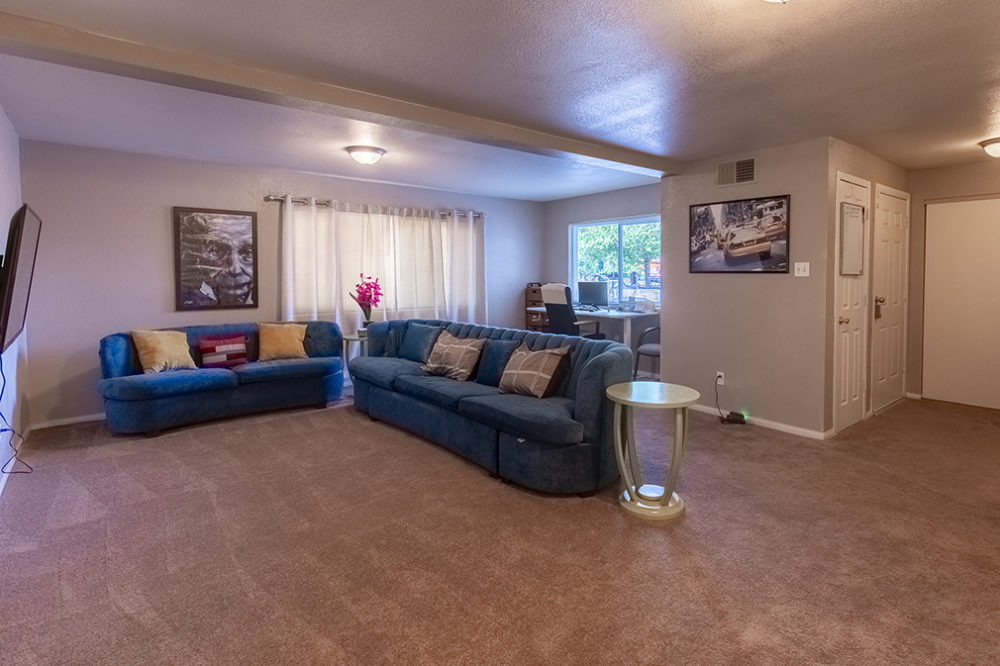Starting the process of recovering from substance misuse is a brave and transformative choice. Even though organized treatment programs are frequently used for the early phases of rehabilitation, returning to daily life after treatment can be difficult. Rehab facilities for sober living are necessary to help people in their quest for long-term addiction. These homes offer a dependable and supportive environment that fosters personal growth, accountability, and a sense of community. This post will discuss the importance of sober living recovery homes for maintaining long-term sobriety.
Accountability and Duty
The focus of sober living homes is on personal responsibility and accountability, which are crucial elements of sobriety maintenance. Ordinarily, residents are expected to help out around the house, attend meetings, and abide by the house rules. This helps people acquire the skills required for a successful and long-lasting rehabilitation by fostering a sense of order and discipline.
Ordered Shift
Individuals may be faced with the difficult challenge of reintegrating into society after completing an extensive rehabilitation program. Residents can ease back into the duties and obligations of daily life with the help of sober living rehabilitation facilities, which offer a controlled and gradual adjustment. While preserving a safe and supportive atmosphere, this gradual transition aids in people’s adjustment to the real world.
Management of Relapses
Relapse prevention is given top priority in sober living facilities, which do this by enforcing stringent rules and cultivating an environment of ongoing support. Regular drug tests are usually mandatory for residents, and stringent rules on substance usage are implemented. Peer accountability combined with an organized atmosphere lowers the chance of relapse and offers people a safety net while they work through the difficulties of maintaining sobriety.
Enhancement of Skills
People may concentrate on their personal growth and the acquisition of critical life skills when they live in a sober environment. Many rehabilitation homes offer educational and professional assistance to help patients acquire the skills necessary for an independent life. This focus on improving abilities raises the possibility of long-term success by empowering individuals to seek beneficial and significant lives outside of addiction.
Communities and Peer Influence
Providing a feeling of community is one of the main features of sober living recovery houses. The sobriety of its members is a shared objective, which fosters an atmosphere of understanding and support among itself. To relate to each other’s experiences, exchange coping mechanisms, and commemorate victories together, peer support is essential during the healing process. Togetherness like this fights against the loneliness that addiction rehabilitation frequently entails.
Last Remarks
An integral part of the continuum of care for addiction rehabilitation is sober living recovery houses. They provide a useful bridge between the barriers of daily life and the controlled environment of rehabilitation programs. These homes provide a substantial contribution to the long-term sobriety and general well-being of people on their path to recovery by providing an organized transition, encouraging accountability, creating a feeling of belonging, reducing relapse, and facilitating skill development. Sober living recovery homes offer structure, a commitment to personal improvement, and peer support, all of which make them an invaluable tool in the fight for long-term recovery. New Start Sober Living is among the greatest options if you’re looking for a reputable private sober living house in the UK. They provide clean, safe, alcohol and drug-free community residences to help people transition into a better and more meaningful life.
